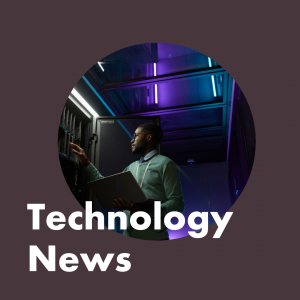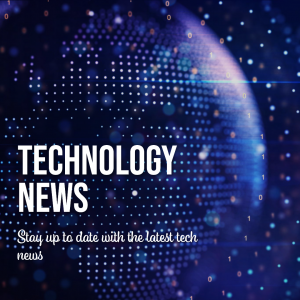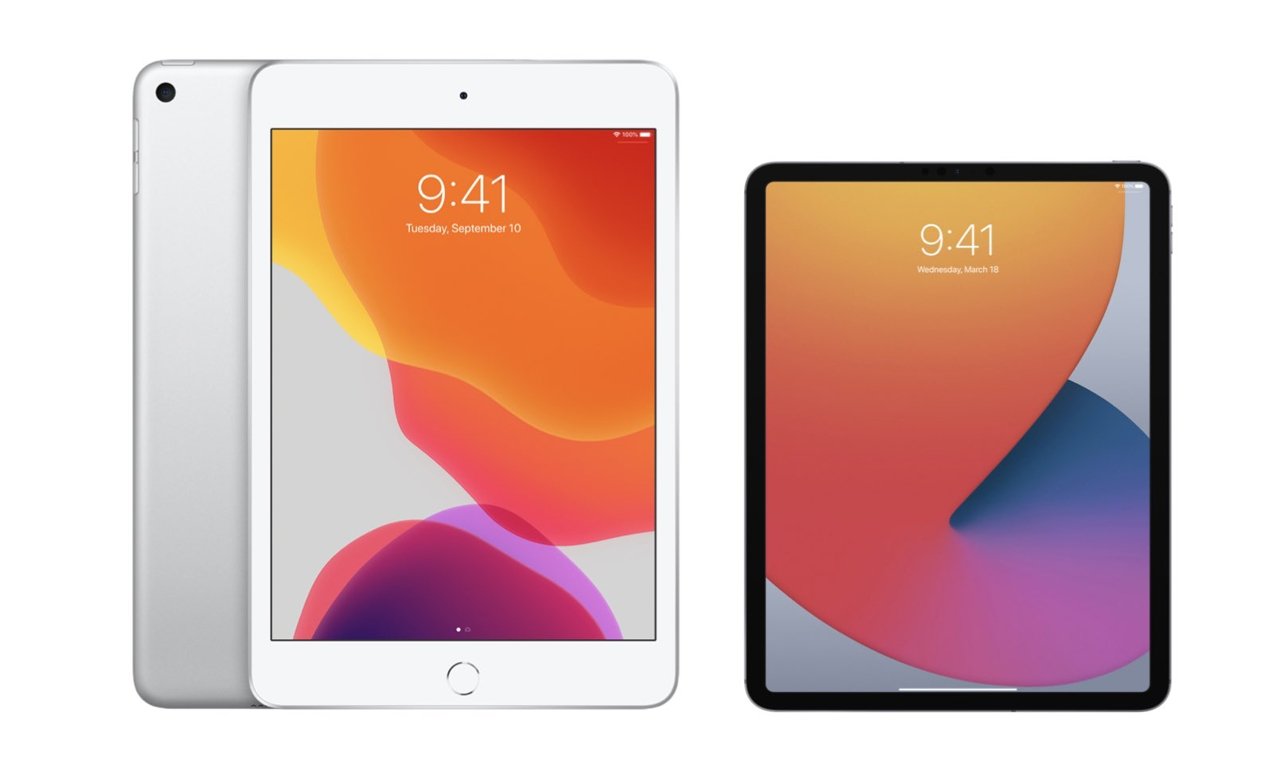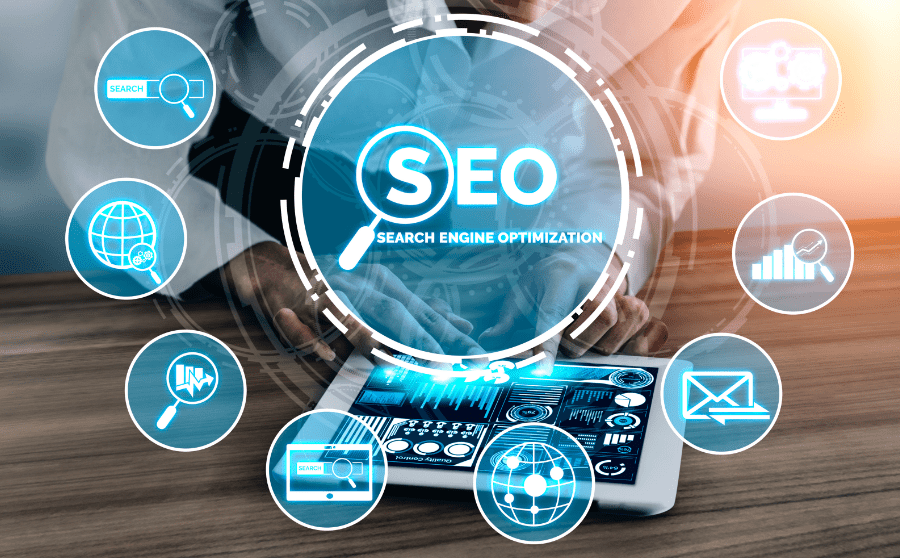Introduction:
Technology news continues to revolutionize the way we live, work, and interact with the world around us. With each passing day, scientists, engineers, and innovators push the boundaries of what is possible, bringing forth incredible advancements that impact various aspects of our lives. In this article, we will explore some of the latest technology news breakthroughs that are shaping the future and transforming industries worldwide.

Artificial Intelligence (AI) in Healthcare:
AI has made significant strides in the healthcare sector, enhancing diagnosis, treatment, and patient care. Machine learning algorithms can analyze vast amounts of medical data to identify patterns, predict diseases, and even recommend personalized treatment plans. AI-powered systems also facilitate telemedicine, enabling remote patient monitoring and diagnosis, improving access to healthcare services, especially in underserved areas.
Quantum Computing:
Quantum computing has the potential to revolutionize computing power, solving complex problems at an unprecedented scale. Researchers are making progress in building reliable quantum computers, and tech giants like IBM, Google, and Microsoft are investing heavily in this field. Quantum computing can revolutionize areas such as cryptography, drug discovery, optimization problems, and weather forecasting, paving the way for a new era of technological capabilities.
5G Connectivity:
The deployment of 5G networks promises lightning-fast internet speeds and ultra-low latency, unlocking new possibilities in various industries. With its higher bandwidth and capacity, 5G enables the seamless integration of emerging technologies like the Internet of Things (IoT), autonomous vehicles, smart cities, and augmented reality (AR). However, this next-generation connectivity has the potential to transform how we communicate, work, and consume information.
Renewable Energy Technologies:
The world’s increasing focus on sustainability has led to remarkable advancements in renewable energy technologies. Solar and wind energy solutions have become more efficient and cost-effective, making renewable energy a viable alternative to traditional fossil fuel-based power sources. Additionally, energy storage technologies, such as advanced batteries, are advancing rapidly, addressing the intermittent nature of renewable energy and enabling its wider adoption.
Robotics and Automation:
Automation and robotics are reshaping industries across the globe, enhancing productivity, efficiency, and safety. Robots are taking over repetitive and dangerous tasks in manufacturing, logistics, and healthcare, freeing up human workers to focus on higher-level responsibilities. Advances in robotic perception, dexterity, and artificial intelligence are driving the development of robots capable of complex tasks, such as autonomous vehicles and surgical procedures.

Augmented Reality and Virtual Reality (AR/VR):
AR and VR technologies are blurring the lines between the physical and digital worlds, revolutionizing entertainment, education, and various industries. These immersive technology news provide unique experiences, enabling virtual training simulations, enhanced visualization in architecture and design, immersive gaming, and interactive storytelling. As AR and VR become more accessible and user-friendly, their applications are expanding rapidly.
These recent breakthroughs in technology represent just a glimpse of the vast potential that lies ahead. As scientists, researchers, and innovators continue to push the boundaries, we can anticipate even more astonishing advancements that will shape our future. Embracing and harnessing these technologies responsibly can lead to improved quality of life, sustainable development, and a world that is interconnected like never before. The future is undoubtedly exciting, and the possibilities are limitless.
Features
However, with the advent of such advanced technology, concerns about privacy and data security have been raised. The developers of this AI system assure users that stringent measures have been put in place to safeguard patient information. They highlight the use of advanced encryption protocols and strict access controls to protect sensitive data. Furthermore, the system complies with all relevant healthcare regulations to ensure the privacy and confidentiality of patient information.
Furthermore, the integration of AI into everyday devices is shaping the concept of the Internet of Things (IoT). Smart homes equipped with AI assistants can automate various tasks. Such as adjusting temperature and lighting preferences based on occupants’ behavior patterns. AI-powered voice assistants continue to evolve, enabling users to interact with their devices more naturally and efficiently. From virtual personal assistants to language translation, AI is becoming an indispensable part of our daily lives.
However, as AI technology advances, ethical considerations come to the forefront. Questions regarding the transparency and accountability of AI systems are being raised. It is crucial to ensure that AI algorithms are unbiased and do not perpetuate existing social inequalities. Additionally, organizations and researchers are working towards developing ethical frameworks and guidelines to address these concerns and promote responsible AI development and deployment.
Conclusion:
In conclusion, the introduction of this revolutionary AI technology in the healthcare industry has the potential to transform the way medical diagnoses are made. By combining the power of artificial intelligence with vast medical knowledge. This system offers faster, more accurate diagnoses, and personalized treatment recommendations. While concerns about privacy and data security persist. The developers assure the public that stringent measures are in place to protect patient information. As this technology continues to evolve, it is poised to significantly improve healthcare accessibility and outcomes for patients worldwide.





